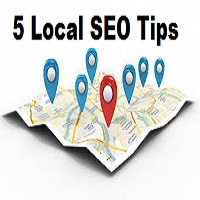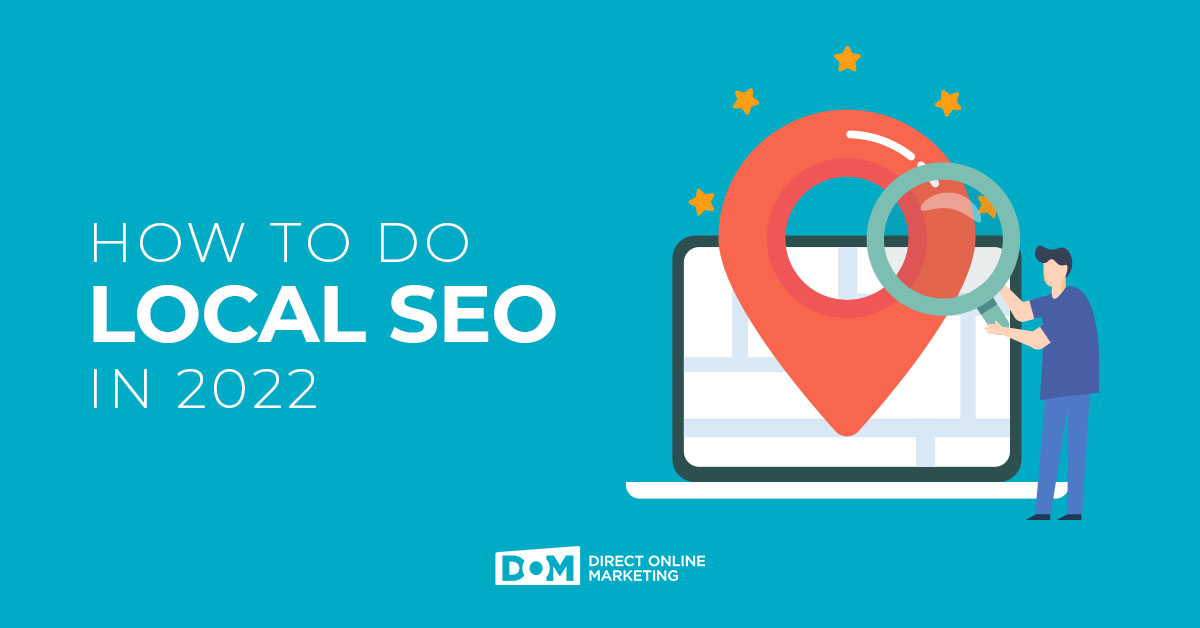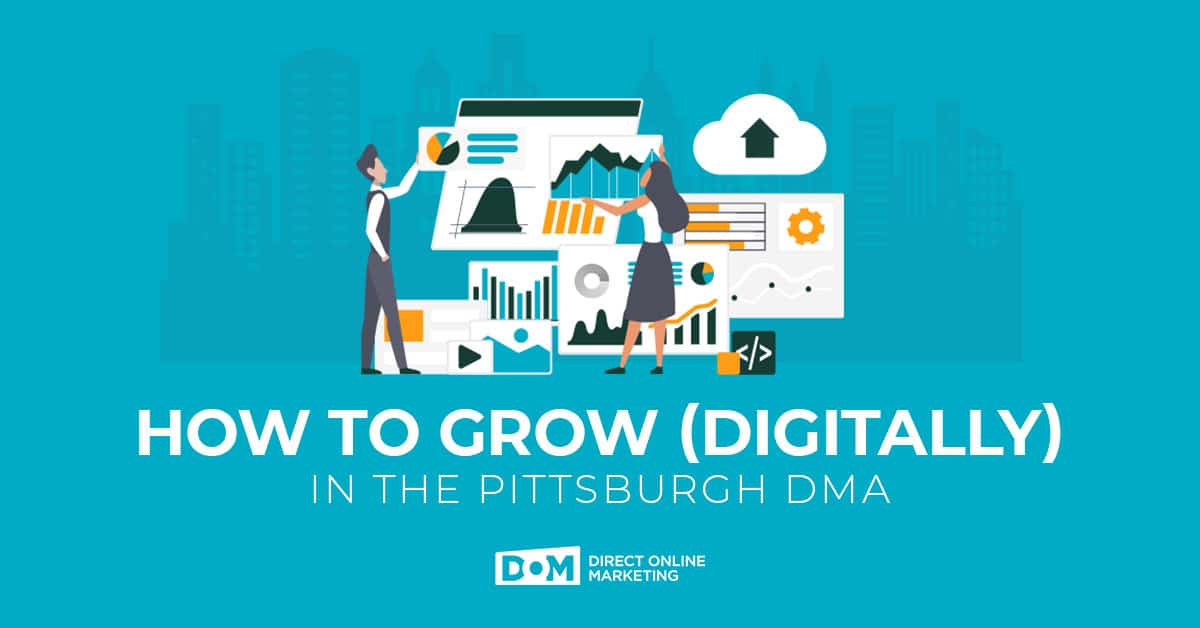I woke up late this morning. You see, I not only like to live life on the edge – of a sofa that is – but I also enjoy the derring-do associated with not utilizing an alarm clock in my daily routine. I’ve trained myself like some sleeping ninja to boing like a coiled spring whenever necessary. I imagine there are certain psychological sleep studies that claim self-awakeners are less prone to be fuzzy-minded in their advanced years, but I can’t be certain. However, today was nearly the exception that proved the rule.
In contrast, my dear wife informed how badly she’d slept, but then proceeded to tell me – as she does nearly every morning – what she’d dreamt during the night. And she’d certainly crammed quite a bit of dreaming in considering the small amount of sleep she allegedly had.
The problem with Steph’s dreams is that they’re exceptionally, toe-curlingly dull. Well, when I say dull, I actually mean that the recounting of them sounds more like a recapping of any average day. It really is taking the concept of turning dreams into reality a touch far. Most of her dream tales could also send a glass eye to sleep, which isn’t too handy when you’ve just woken up.
I’ve no idea whether my self-awakening skills are the reason for me hardly ever dreaming, but I hardly ever dream. The last one I recall is a month or so ago and it had something to do with the Online Marketing: Innovations That Work Conference and a guy from the yellow pages spamming attendees’ tables with literature regarding purchasing online advertising with them while everybody was having lunch. Then, as we were driving home from the conference, getting into an almighty row with Steph about Yellow Pages going the way of the dodo once people (users and businesses) cotton on to using local search online properly. It was getting extrememly heated as I started to bang fists on the dashboard and yelling until Steph stopped the car and told me I’d be walking home if I didn’t shut up.
Oh wait, that actually happened.
Thankfully, there’s an eMarketer article that puts my vein-swelling-in-temple rant into a more sedate and reasoned form of discourse. Dawn Afuso asks the question: Local media online: what’s the hold up?
As she states in her opening paragraph:
“Despite my desire to throw out the numerous yellow pages directories that take up too much space in my kitchen drawer, I haven’t been able to do so. Why? Because I still can’t find all the local business listings I look for online.”
You and me both, sister. The only use I ever had for yellow pages was trying to emulate those Guinness Book of Records guys who would tear up 98 phone books in a minute for some new world record. As a seven-year-old I was extremely proud of myself for being able to tear the yellow pages in half without nearly as much grunting and groaning as those record-breaking guys with the New York phone book. As a 37-year-old I realize the difference is like snapping a lump of 2″x4″ and a lolly stick.
We then get to something a bit more meaty in the article:
Research from the December 2006 Nielsen//NetRatings and WebVisible report “I Searched, I Clicked, I Contacted … I Transacted” shows that 70 percent of U.S. internet users have used a search engine to find a local service vendor.
Interestingly, due to the familiarity of search for consumers, paid search has become the online counterpart of the print yellow pages in consumers’ minds, rather than actual internet yellow pages.
“This change of habit among individuals will do much to alter the course of local ad spending,” states eMarketer. “Local companies see how more of their customers research online before or instead of using yellow pages or local print newspapers.”
Now this was the point I was making to Steph when I was doing most of my pounding. The hardest thing about using yellow pages was always trying to find the right category for what you were looking for. You had to learn the structure or format of the book before you could find something if you weren’t too sure what the exact service you were looking for was called (I’m not talking about looking for a plumber here). Your search couldn’t develop to help you find somebody who provided what you were looking for other than you leafing through the book, and you certainly had no idea whether they offered what you wanted until you rang them up. And you certainly had no idea whether they were reputable or ok to deal with.
But 70% of US internet users using search to find local businesses is quite a number. That figure, while far from total saturation, will increase to 100% and is probably much closer to that in the younger internet user. It also should be expected that these figures will consolidate as the user manages to find what they are looking for online.
And then we have this:
As a yellow pages industry consultant told The Wall Street Journal last year, “The vast majority of small businesses have neither the time nor awareness to effectively market their products on the internet.”
What exactly is yellow pages industry consultant trying to infer? Are they intimating that yellow pages is the one-stop shop for the corporate clueless? Are they suggesting that the average small business would be better off sticking to an enhanced print book listing and/or its online variant? How do those small businesses who are aware and have subsequently set the time aside to effectively market their products on the internet do it?
Before Butler Sheetmetal asked me to build them a site they lacked the time or awareness to market their business online and went with an enhanced online listing with yellow pages costing them over $2,000. In the twelve months it was running they received one enquiry – and that was from somebody who was lacking awareness asking for something totally unrelated. You ask John Butler about throwing $2,000 down the drain – yellow pages is a swear word.
But, he did have enough foresight to know that he needed to get his business online somehow. And I think the vast majority of small businesses understand this but can become understandably wary when they throw good money at something in good faith to receive no return whatsoever. The year I started with their online presence they’d turned over a meagre $140,000 and this week they’re in the process of finalising their biggest online order for $20,000 of planters. One seventh of a year’s turnover in one order is a far healthier return do you not think?
But I’m currently seeing all manner of emails for quotes flying about at the moment since Google last updated its search listings. And it has everything to do with me focusing more on google.co.uk results and more local UK results in general. To say that online business is better than it ever has been would be something of an understatement. And all of it is local to the UK and a greater percentage of it is more local to where they are in the UK also.
So, you can’t tell me I’m dreaming when I tell you that a local search strategy works.
I’m fully aware of its potential and so indeed should you be.


